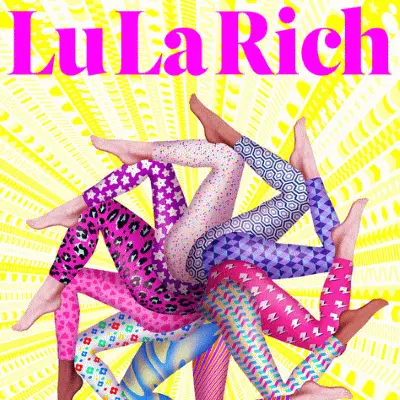LulaRich reveals a hole in the American economy that the Amazon docuseries didn't really tackle
-

"As I watched LuLaRich," says Sophie Gilbert, "I found it less interesting as a voyeuristic peek at the workings of a controversial company, and more enticing as an indictment of structural societal failure. LuLaRoe was a multilevel-marketing company that promised people—largely women—that they could make money from their own homes simply by selling clothes. Like most MLMs, it relied on two things. The first was an aura of relentless positivity—as Amanda Montell detailed in her book Cultish earlier this year, MLMs deploy language in many of the same ways that nefarious faith groups and cultlike brands do, love-bombing new recruits, suppressing negative thoughts or statements, and organizing group events designed to keep participants in a state of high arousal so that they’re more susceptible to suggestion. The second was something LuLaRoe’s founders—a married couple named Mark and DeAnne Stidham—saw (and exploited) even as it’s mostly ignored in discussions about the American labor market. For all of LuLaRoe’s manifold flaws and dubious practices, it was able to see what its followers wanted. MLMs, in part, capitalize on the near-universal desire of working parents to truly manage a work-life balance: to participate in the economy and realize achievements for themselves while also spending meaningful time with their children." Gilbert adds: "LuLaRoe filled a gap in the market, in more ways than one. That it did doesn’t excuse some of the allegations brought by the series: that the company advised people to sell breast milk to save for start-up costs, or that it hid billions of dollars of profits in shell companies. But it does suggest that the American economy fails on many fronts to provide parents with what they want and need."
TOPICS: LuLaRich, Prime Video, Documentaries
More LuLaRich on Primetimer:
